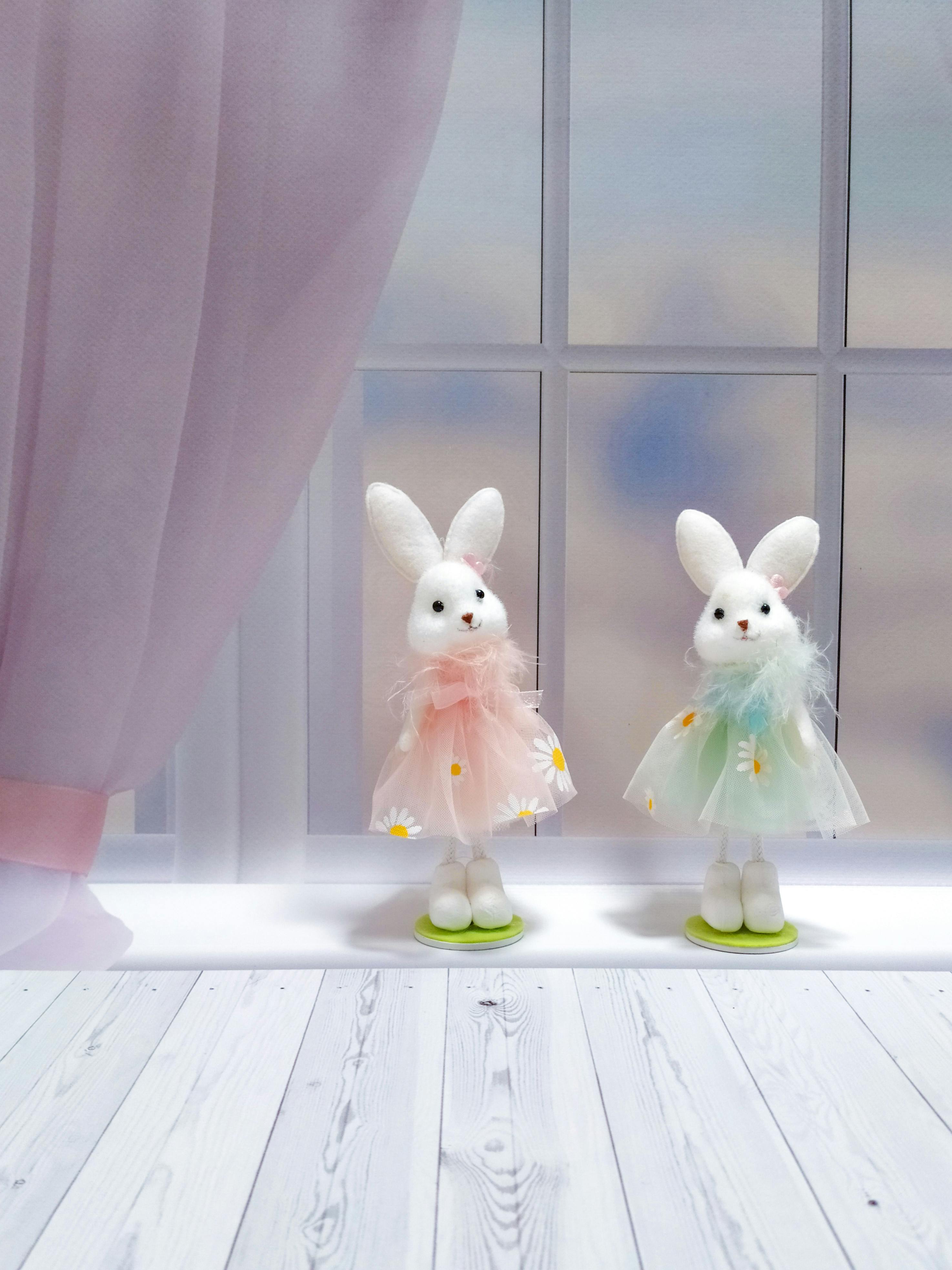Top 5 Essential Tips for Caring for Your Biggest Betta Fish in 2025

Top 5 Essential Tips for Caring for Your Biggest Betta Fish in 2025
Caring for your betta fish can be a rewarding experience, especially as they are known for their vibrant colors and unique behaviors. In 2025, the care requirements for these stunning fish continue to evolve, making it crucial for fish enthusiasts to stay updated. Proper care significantly impacts their health, lifespan, and overall well-being. Here, we discuss five essential tips to enhance your betta fish care routine, ensuring they thrive in their aquatic environment.
By understanding the specific needs of the biggest betta fish, including their tank size, habitat, and feeding, you can create an ideal environment for your finned friend. This guide will cover everything from managing water quality to breeding tips, providing you with a comprehensive roadmap for maintaining a happy and healthy betta fish.
Let’s dive into the essential tips that will improve your betta’s health and happiness!
Understand the Ideal Betta Fish Tank Size
When caring for your biggest betta fish, the tank size is one of the primary factors to consider. A suitable tank size can dramatically affect a betta’s behavior, health, and even lifespan. In general, betta fish thrive in tanks that are at least 5 gallons, although larger tanks, such as 10 or 20 gallons, are even better.
Betta fish require ample space to swim and explore. A larger tank helps maintain stable water parameters, which is essential for their health. Smaller tanks can lead to rapid fluctuations in temperatures and water quality, stressing the fish. Therefore, investing in a larger aquarium is beneficial and often necessary.
Optimal Tank Setup for Betta Fish
To create the best possible environment for your betta, ensure to include appropriate decorations and plants. Live plants not only enhance the aesthetic appeal of the tank but also provide hiding spots and reduce stress levels for your betta. Floating plants like Java moss can mimic a natural habitat and improve water quality.
Additionally, consider using a filter designed to provide sufficient filtration while avoiding strong currents that bettas can struggle against. These adjustments will create a balanced ecosystem that promotes your betta's natural behaviors while keeping them healthy.
Tank Maintenance: Keeping Water Quality Optimal
Regular tank maintenance is crucial for keeping your betta fish healthy. This includes performing regular water changes, typically 25-30% weekly, to avoid the buildup of toxins. Monitoring water temperature is also essential, as bettas thrive in water between 76°F and 82°F. A reliable heater will help maintain optimal conditions.
Be cautious with your use of chemicals and medications, as they can adversely affect water quality. Always ensure that your fish tank is cycled before adding your betta to prevent ammonia spikes that can be harmful.
Feeding Your Betta Fish: Nutrition Essentials
Feeding your betta fish a balanced diet is vital for their health. Betta fish are carnivorous and require a diet rich in protein. High-quality pellets designed specifically for bettas are ideal, supplemented with frozen or live foods such as brine shrimp or bloodworms. These foods offer the necessary nutrients for their growth and vitality.
Establishing a Feeding Schedule
A regular feeding schedule helps maintain their health. It’s best to feed your betta two to three small meals per day. Overfeeding can lead to obesity and related health issues, so it's essential to provide only what they can consume in a few minutes.
Keep an eye on your betta's feeding habits, as any changes may indicate stress or health issues. Always ensure the high nutrition and variety of food sources to keep your betta satisfied and healthy.
Recognizing Signs of Stress in Betta Fish
Bettas can show signs of stress through changes in behavior, such as hiding more often or displaying aggressive tendencies. Maintaining optimal water conditions is vital to prevent stress. High ammonia levels, improper temperature, or unsuitable tank mates can cause issues.
Familiarize yourself with your betta's routine to quickly identify any deviations that may indicate stress or health problems. Addressing these factors promptly will help in maintaining your betta's well-being.
Compatible Tank Mates for Your Betta Fish
Interested in creating a community tank? Understanding betta fish compatibility is key. While bettas are known for their territorial behavior, careful selection of tank mates can lead to a harmonious environment. Look for species that are peaceful and won’t nip at fins, such as ghost shrimp or certain bottom dwellers like Corydoras.
Best Tank Mates for Betta Fish
When selecting tank mates, avoid fish with long, flowing fins or overly vibrant colors, as these can trigger aggression in bettas. Good tank mates include snails, peaceful tetras, or female bettas. Always monitor their interactions closely when introducing new fish to prevent aggression.
Finally, ensure that the tank is spacious enough to provide territories for each fish. This will help reduce conflicts and stress levels among them.
Recognizing Betta Fish Health Issues
Caring for your betta also means being vigilant about their health. Regular observations can help catch potential problems early. Common health issues in bettas include swim bladder disorders, fin rot, and external parasites. Learning the signs and symptoms will enable you to act quickly.
Common Betta Fish Diseases and Conditions
Look for signs such as changes in swimming patterns, discoloration, or unusual behaviors, which may indicate illness. If your betta seems to be swimming erratically or has difficulty maintaining buoyancy, it may suffer from swim bladder issues. Quarantine any affected fish immediately to prevent the spread of disease.
Research appropriate treatments for common betta illnesses and consult with a veterinarian if necessary. It’s essential to maintain regular health checks and create a preventative care routine to keep your betta happy and thriving.

Conclusion: Thriving Betta Care for 2025
By applying these essential tips, you can ensure a healthy and vibrant environment for your biggest betta fish. Proper tank size, nutrition, and attention to health indicators are vital components for their happiness. Remember, a well-maintained aquarium and understanding the behavior of your betta will create a fulfilling experience for both you and your finned friend.
Using this guide, you can optimize your betta fish care for 2025 and beyond, contributing to their health and enriching your fishkeeping experience.
 Its part of generated content. Can i generate another part?
Its part of generated content. Can i generate another part?